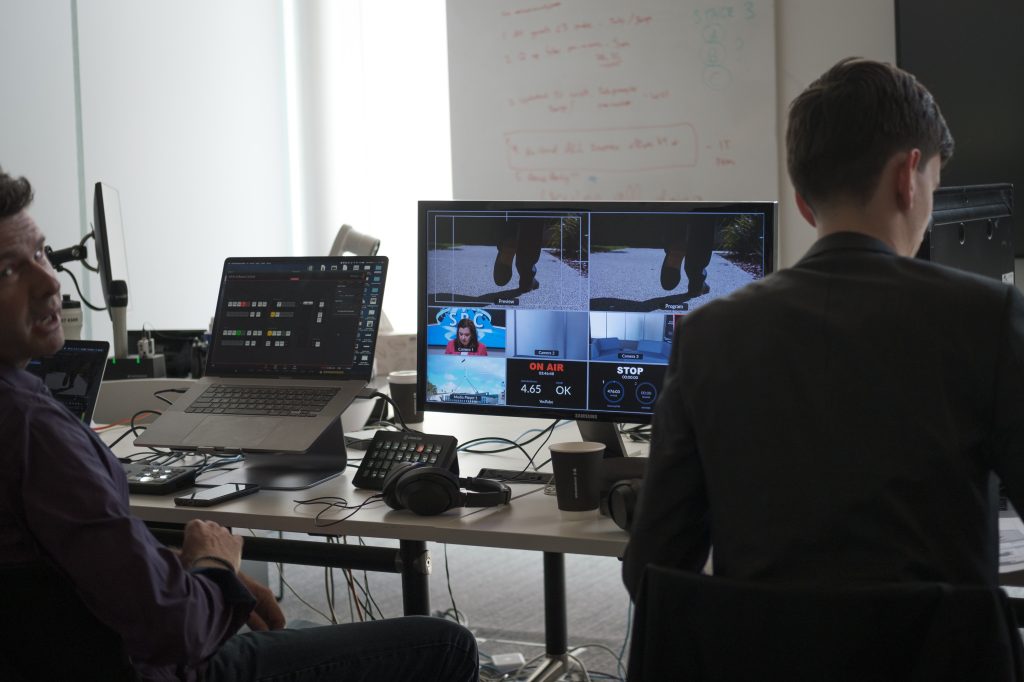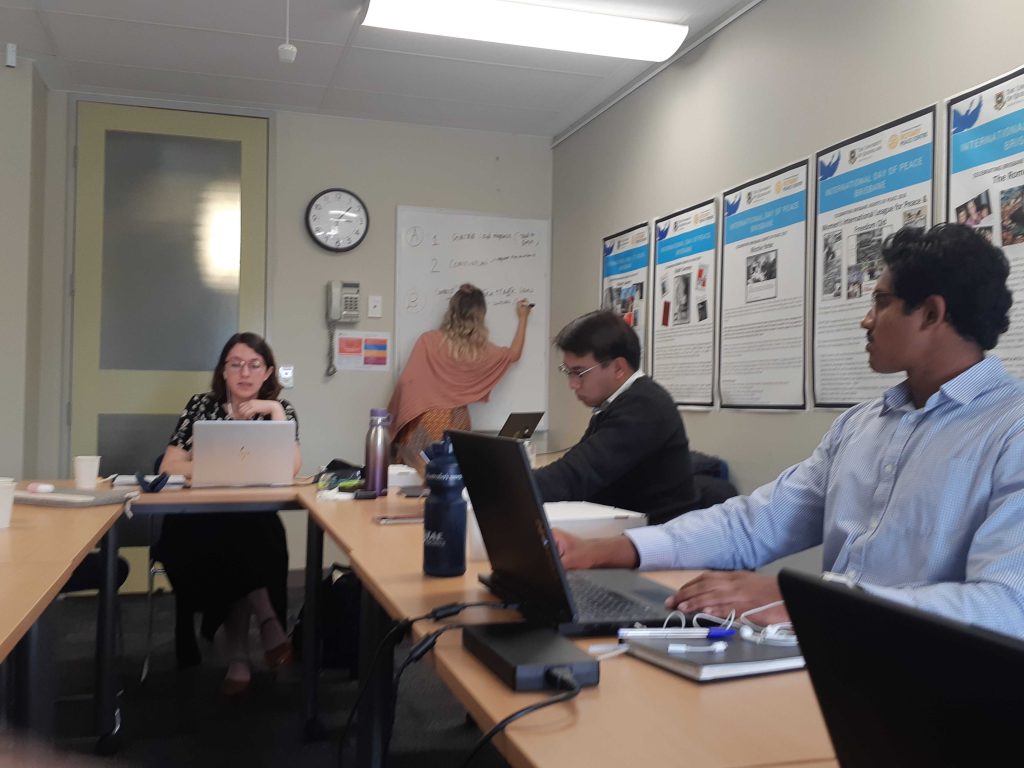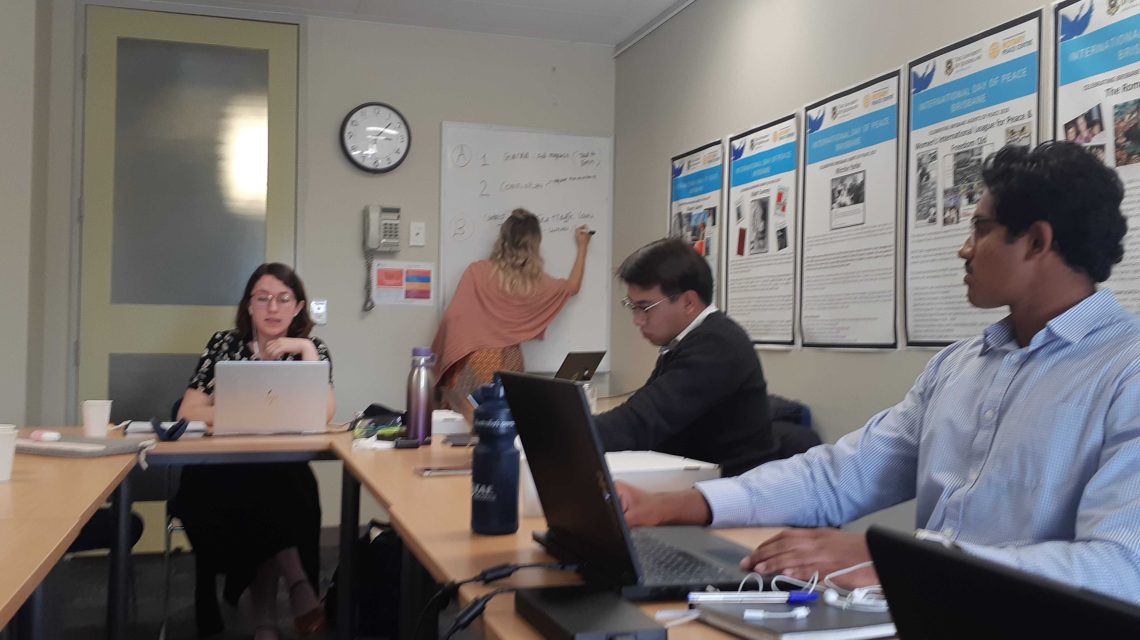The Australian Crisis Simulation Summit (ACSS) is a ground-breaking student event held in December 2022 at the Australian National University. 2022 will be the third iteration of the event, following two highly successful virtual editions in 2020 and 2021. The ACSS presents a uniquely practical learning opportunity for all students involved, and is a great stepping stone for those interested in working in the national security space. The week consists of panels, workshops, mentorship and learning opportunities, with students able to learn from some of Australia’s most eminent public servants, industry professionals and university academics in a variety of national security domains. Student delegates will participate from Hubs all around Australia, providing a rounded national perspective to the week and an opportunity for students to connect with peers and future professionals across the country.
The centerpiece of the week are three highly challenging and realistic crisis simulations for our 65 delegates. These simulations go for approximately four to five hours and use the Conducttr software in conjunction with our live in-house TV studio. Our crisis writing teams work extensively with the software and the Conducttr support team to prepare for the event. The software gives our team the flexibility, technology and realness to prepare our delegates for future national security challenges.
As Head of Crisis Operations, I’ve been working closely with the three crisis writing teams to develop our three scenarios: the Maritime, Regional and Domestic Crisis Simulations. Our ideation process for all three scenarios, has involved synthesizing real-life historical examples with hypothetical threats to Australian national security in the next 5-10 years, aiming to make them as realistic as possible. While brainstorming the narratives, the team and I strove to capture the most significant current trends in Australia’s national security outlook and threat perception. The simulations take place in 2029-2030, allowing us to project current National Security trends into the future. In lieu of this, our simulations draw on areas such as geopolitical tensions in the Asia-Pacific, the increased frequency and intensity of natural disasters due to climate change, the development of new military technologies and Australia’s cyber security vulnerabilities.

Once our initial narrative proposals were developed, we met with a variety of stakeholders from the ANU and professional industries to refine the content of the simulations to best imitate the real-life machinations of government departments and NGO’s in their response to crises. Among our list of consulted bodies are ANU Academics from the National Security College, Professionals from the Department of Defence, ASPI and more. We’ve learnt a significant amount about the content of our simulations from these meetings, which present fantastic opportunities to deepen our own understanding of these areas while also improving the content of the simulation.
We are now in the process of inputting our simulation content into Conducttr, a process which has relied heavily on the generous support of the Conducttr support team and all of their resources. We’re just now beginning to play around with all the intricacies of the software and are enjoying the journey of this steep learning curve. It’s exciting to start finally building the world which we will be presenting to delegates in December, and to see it materialize through the complex opportunities available to us through Conducttr.

Three months out from the summit week, we’re excited to be working with Conducttr again on such an exciting project. We look forward to working closely with the Conducttr team as we conduct dry-runs in the lead up to the Summit week and can’t wait to present the finished product to delegates come December!
This article was written by Lucas Greenslade, the Head of Crisis Operations for the Australian Crisis Simulation Summit


